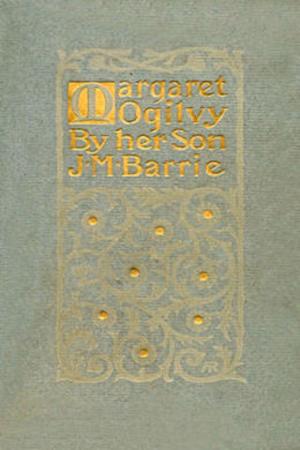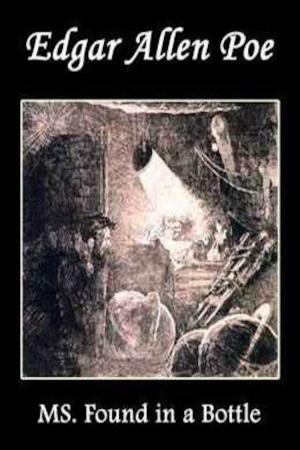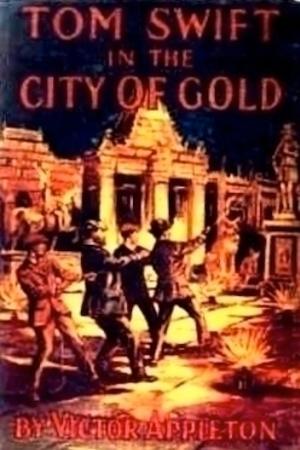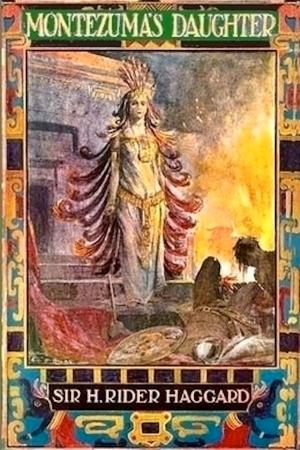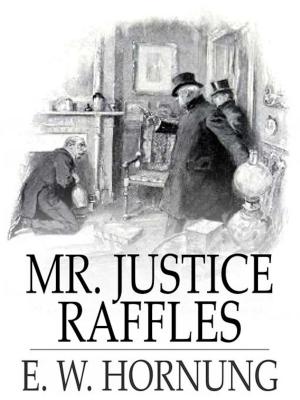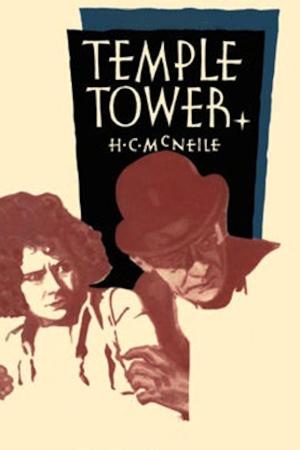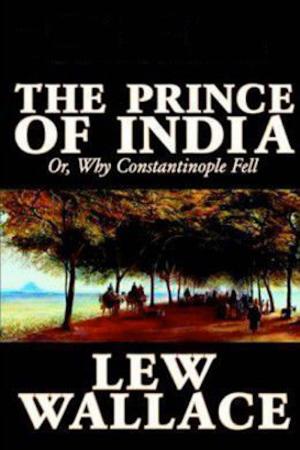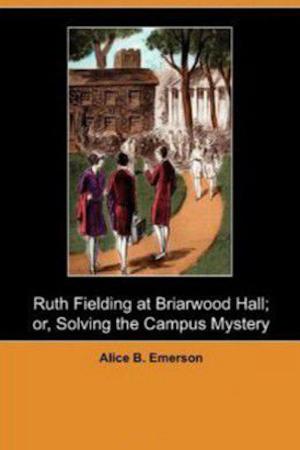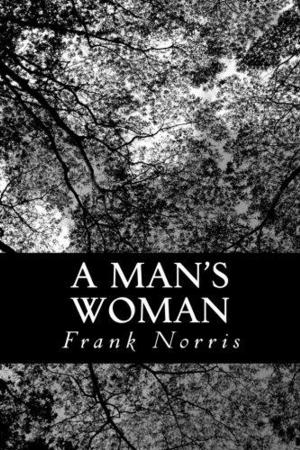| Author: | John Buchan | ISBN: | 1230002270036 |
| Publisher: | BookLife | Publication: | April 14, 2018 |
| Imprint: | Language: | English |
| Author: | John Buchan |
| ISBN: | 1230002270036 |
| Publisher: | BookLife |
| Publication: | April 14, 2018 |
| Imprint: | |
| Language: | English |
Mr Anthony Lammas, whose long legs had been covering ground at the rate of five miles an hour, slackened his pace, for he felt the need of ordering a mind which for some hours had been dancing widdershins. For one thing the night had darkened, since the moon had set, and the coast track which he followed craved wary walking. But it was the clear dark of a northern April, when, though the details are blurred, the large masses of the landscape are apprehended. He was still aware of little headlands descending to a shadowy gulf which was the Firth. Far out the brazier on the May was burning with a steady glow, like some low–swung planet shaming with its ardour the cold stars. He sniffed the sharp clean scent of the whins above the salt; he could almost detect the brightness of their flowering. They should have been thyme, he thought, thyme and arbutus and tamarisk clothing the capes of the Sicilian sea, for this was a night of Theocritus….
Theocritus! What had he to do with Theocritus? It was highly necessary to come to terms with this mood into which he had fallen.
For Mr Lammas, a licensed minister of the Kirk and a professor in the University of St Andrews, had just come from keeping strange company. Three years ago, through the good offices of his patron and friend, Lord Snowdoun, he had been appointed to the Chair of Logic and Rhetoric, with emoluments which, with diet money and kain–hens, reached the sum of £309 a year, a fortune for a provident bachelor. His father, merchant and boat–builder in the town of Dysart, had left him also a small patrimony, so that he was in no way cumbered with material cares. His boyhood had been crowded with vagrant ambitions. At the burgh school he had hankered after the sea; later, the guns in France had drawn him to a soldier's life, and he had got as far as Burntisland before a scandalised parent reclaimed him. Then scholarship had laid its spell on him. He had stridden to the top of his Arts classes in St Andrews, and at Edinburgh had been well thought of as a theologian. His purpose then was the lettered life, and he had hopes of the college living of Tweedsmuir, far off in the southern moorlands, where he might cultivate the Muses and win some such repute as that of Mr Beattie at Aberdeen.
Mr Anthony Lammas, whose long legs had been covering ground at the rate of five miles an hour, slackened his pace, for he felt the need of ordering a mind which for some hours had been dancing widdershins. For one thing the night had darkened, since the moon had set, and the coast track which he followed craved wary walking. But it was the clear dark of a northern April, when, though the details are blurred, the large masses of the landscape are apprehended. He was still aware of little headlands descending to a shadowy gulf which was the Firth. Far out the brazier on the May was burning with a steady glow, like some low–swung planet shaming with its ardour the cold stars. He sniffed the sharp clean scent of the whins above the salt; he could almost detect the brightness of their flowering. They should have been thyme, he thought, thyme and arbutus and tamarisk clothing the capes of the Sicilian sea, for this was a night of Theocritus….
Theocritus! What had he to do with Theocritus? It was highly necessary to come to terms with this mood into which he had fallen.
For Mr Lammas, a licensed minister of the Kirk and a professor in the University of St Andrews, had just come from keeping strange company. Three years ago, through the good offices of his patron and friend, Lord Snowdoun, he had been appointed to the Chair of Logic and Rhetoric, with emoluments which, with diet money and kain–hens, reached the sum of £309 a year, a fortune for a provident bachelor. His father, merchant and boat–builder in the town of Dysart, had left him also a small patrimony, so that he was in no way cumbered with material cares. His boyhood had been crowded with vagrant ambitions. At the burgh school he had hankered after the sea; later, the guns in France had drawn him to a soldier's life, and he had got as far as Burntisland before a scandalised parent reclaimed him. Then scholarship had laid its spell on him. He had stridden to the top of his Arts classes in St Andrews, and at Edinburgh had been well thought of as a theologian. His purpose then was the lettered life, and he had hopes of the college living of Tweedsmuir, far off in the southern moorlands, where he might cultivate the Muses and win some such repute as that of Mr Beattie at Aberdeen.

